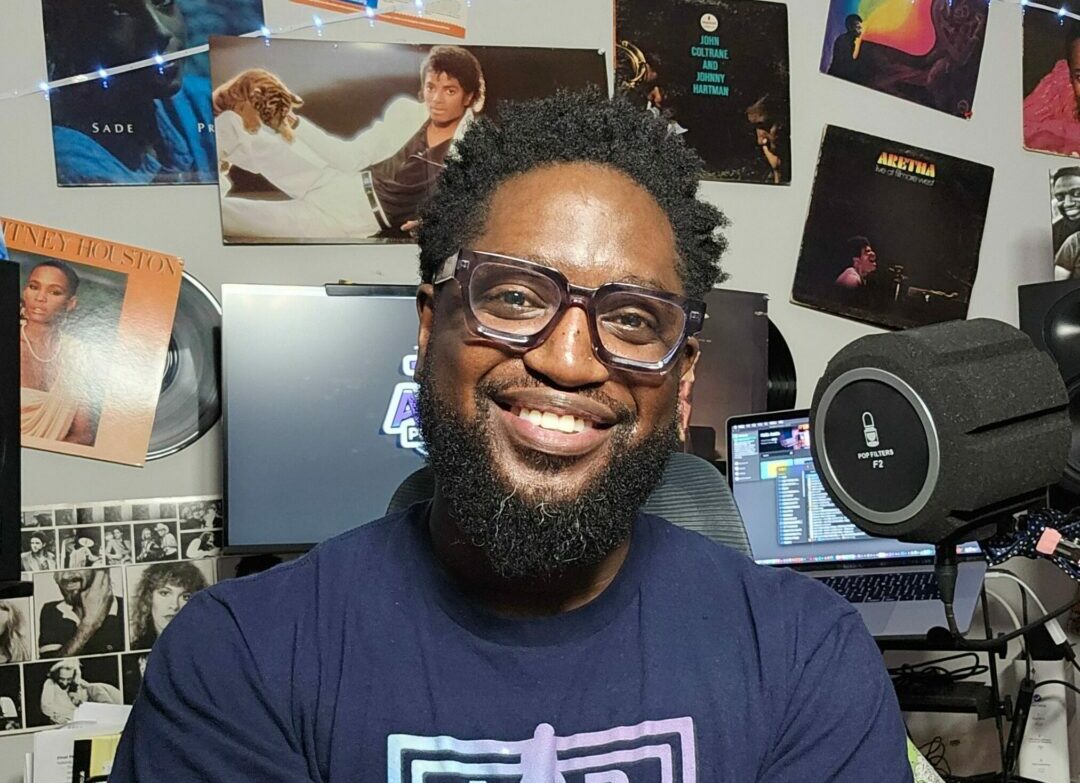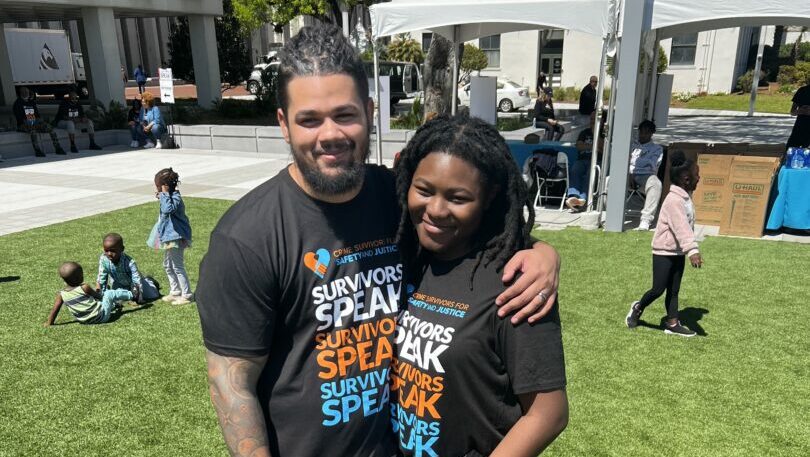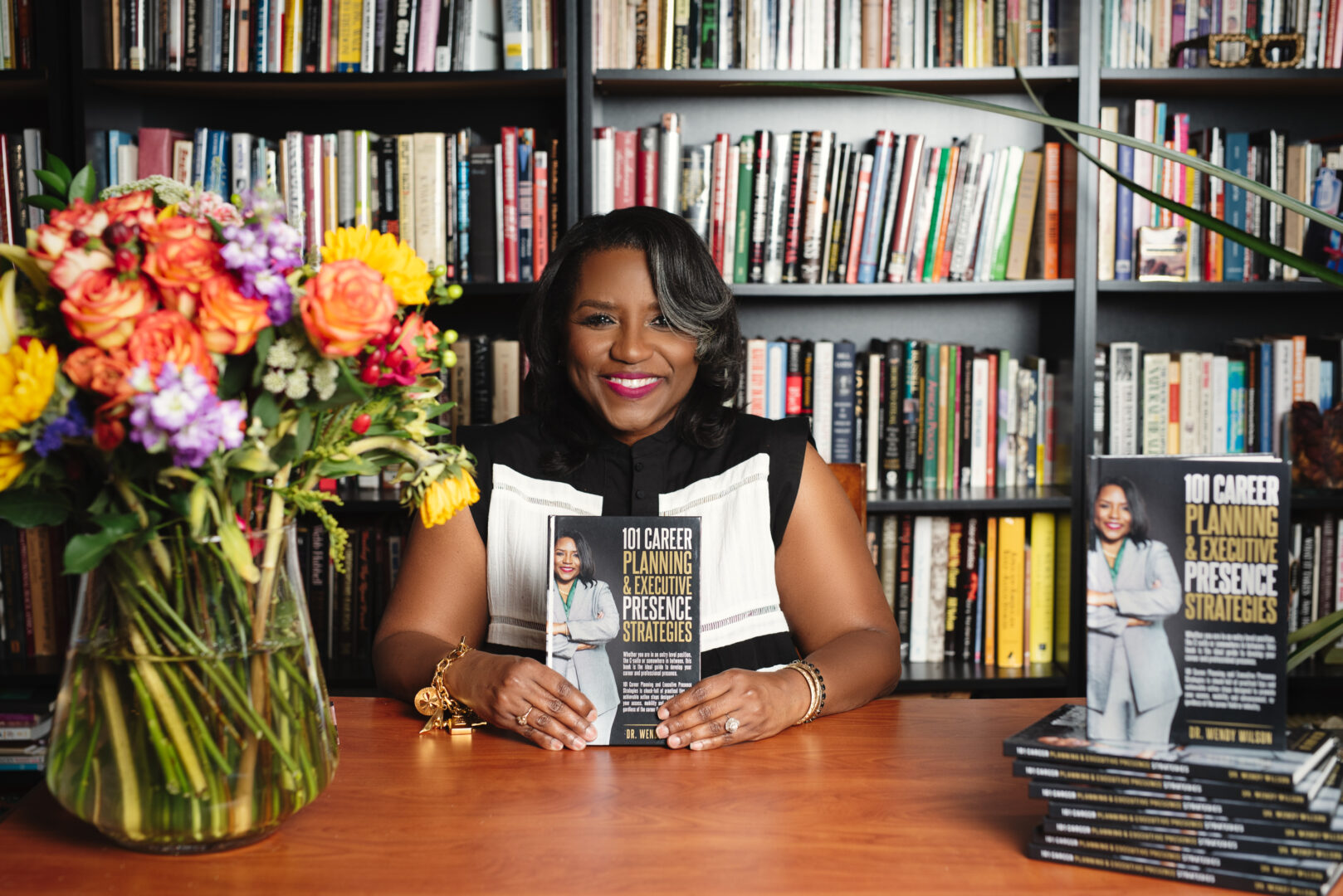We caught up with the brilliant and insightful Aliza Frey a few weeks ago and have shared our conversation below.
Aliza, so many exciting things to discuss, we can’t wait. Thanks for joining us and we appreciate you sharing your wisdom with our readers. So, maybe we can start by discussing optimism and where your optimism comes from?
Normally, I do not tune into what is known as “bible radio” or watch any type of televangelists, but the other day I had to drive my husband’s car because mine was in the shop. I was in dark place at the time. I felt stuck, powerless, and there didn’t seem to be any rainbows ahead.
My husband had SiriusXM radio and something made me push on a program by author and American pastor Joel Osteen. The message was about being “blessed out of season.” Meaning, when things appear hopeless, such as receiving negative health test results, not being able to overcome an addiction, not being where you want to be in your career, not being able to conceive, god can still bless you when you are not “in season,” or not expecting there to be a change.
The person given only a few months to live can live far longer, the person who suffered numerous miscarriages can have a baby, the person who does not think a promotion will ever happen, can suddenly find themselves moving to the top of the leadership at their company.
That doesn’t mean we should just ignore what doctors and science says, but as a human being, I like to take comfort in believing that miracles can and do occur, especially when you are not “in season” for it to. If you want to replace the concept of “God” with that of a “higher power,” then feel free to. I think what makes one optimistic is the idea that there is a way to be “saved” from our fear and pain by something beyond us, something magical, some external force. Whether you believe it is the “hand of god” or simply destiny, believing gives hope, and hope brings optimism. Or, in the words of a law professor Paula Franzese, who provides the best bar exam study aides, there “will be ponies” after all the hard work.
It can be a challenge to stay optimistic and hopeful, but being grateful for what you do have, counting your blessings and expecting good things to happen is a far better way to approach life than the alternative. That’s not to say I don’t have a vent session with my sister every now and then, but I can, and must, believe that, when I least expect it, there is an invisible hand out there working to help me when I least expect it and need it most. It is a similar concept to “The Secret.” Think, believe and you will receive.

Thanks for sharing that. So, before we get any further into our conversation, can you tell our readers a bit about yourself and what you’re working on?
Like most professions, the legal field has become highly specialized and niche. However, whether I was serving as a Prosecutor or family law attorney in New Hampshire, in-house counsel for a bail bond company in Pennsylvania, in workers’ compensation or, currently, as an insurance defense attorney for the law firm of Campbell, Foley, Delano & Adams, LLC, in New Jersey, I have always felt utilizing core litigation skills is what brings me to my happy place.
Litigation skills can encompass everything from client counseling, investigation, legal research and writing, settlement negotiation, to deposition and trial preparation. But, what makes me excited is when you have to strategize on how to present a case in a manner that effectively conveys your position to the trier of fact, the target person or group of people who determine the factual issues in a legal proceeding, and, thus, the outcome of your case. What is exciting to me about that is what you are really doing is unravelling a mystery. You collect clues by applying the facts of your case to the law. In a motion, this needs to follow a set format where you spot the issue, present the rule of law, analyze the facts of your case in light of the rule and reach a conclusion. But, in a court, there are live dynamics with presenting your case that you must stay on your toes and adapt. This is because it is “people” who testify, “people” who are trying a case, and “people” do not always stay within in the four corners of a motion. “People” do not always appear credible, even when they speak the truth, while others can appear genuine telling lies. You are also walking the tightrope of trying to get supportive evidence admitted and unsupportive evidence suppressed. You are trying to say enough without saying too much. You are trying to elicit specific testimony, while trying to prevent unflattering narratives about your case. And, hopefully, you can prove, or disprove, the elements of your claim, while keeping your trier of fact, the judge and/or jury, engaged in the process, so that they, too, are trying to solve the mystery and find the truth.
Presenting your case to the Court is presenting your story. You want to have a theme-good over evil, justice over corruption, greed caused a tragedy, negligence caused a catastrophe, the child’s best interest lies with mom, the child’s best interest lies with dad, why someone should get the house, the marital assets, the pet dog. Even a simple contract breach tells a story-the person responsible for the debt signed the dotted line, or, you don’t get something for nothing. If you look hard enough you can find it. And once you have it, the words and evidence find their places in it. You dig and find the clues, or evidence, and then you put the clues into place to have your audience solve the mystery, advocating your position on a case. And I do so love a good mystery. I have been the 2023 and 2024 President of the New Jersey Chapter of Sisters in Crime, a.k.a. “The Jersey Sleuths,” a crime writing association comprised of men and women that represent and advocate for women crime writers in publishing. I think that is why true crime is so popular. At the end of the day, all we really want is do is find the truth. Whether it is solving a mystery or seeking court justice, we all just want to shine a light on what is fair based on what is true.
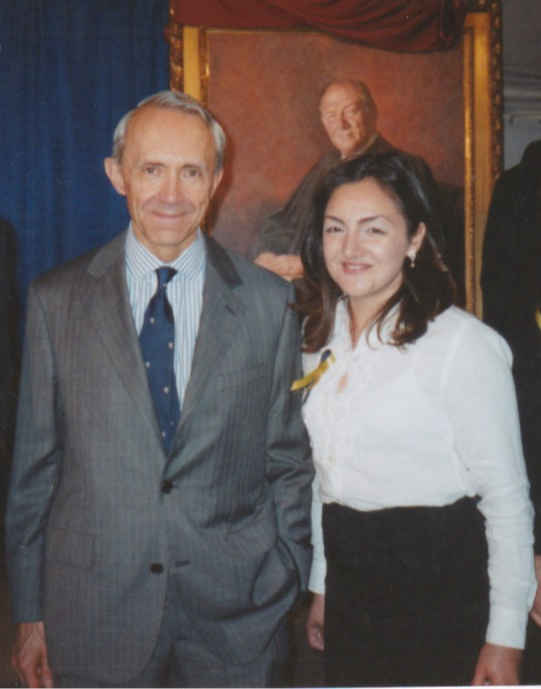
If you had to pick three qualities that are most important to develop, which three would you say matter most?
The three skills of knowledge that were most useful in my journey were character, grit, and moxy. Your character is the mental and moral qualities distinctive to you. I’ve tried not to alter that no matter what situation I am in or who I am around. I have witnessed other attorneys and even entire firms behave in ways that I find distasteful. I have seen someone who reached a favorable verdict taunt the unsuccessful side, or tell the other side they would have offered more to settle after the deal was brokered. These are absolute no-no’s to me. I have been told to withhold some information that I knew I had a duty to disclose. I refused. Sometimes the profession brings out the worst in people, because it is expected to be a cutthroat business filled with “sharks” or “gladiator in suits.” I have see billboards lauding lawyers being “aggressive” and who “bite back.’ I was even on a billboard describing myself as a “fierce woman, fighting for justice.” At the end of the day, however, I must answer to myself. And attorneys must adhere to the Rules of Professional Conduct, much like doctors take a Hippocratic Oath to do no harm. I choose elegance over brut. I choose dignity over bulldozing.
Maintaining your character can take grit. Grit is personality trait that describes someone who is passionate about a long-term goal and has the perseverance to overcome challenges and achieve their goal. In that, I think of myself as the turtle in Aesop’s fable “The Tortoise and the Hare.” I may not be the fastest or best at something, but step after step, no matter what the challenge is, I keep going, I persevere. There were plenty of times when I was told I was not good enough, or I was too this, or too that, to be this, or that, but that inner voice in me was louder than those talking. I was louder (and quite literally AM louder!) and I just kept putting one foot in front of the other. Sometimes I get lost in the critique, and find my voice getting weaker. But then something happens, where I am reminded of who I am, how I have helped people, and I keep going. A slow, gritty turtle.
Finally, moxy is the force of my character. I find this deep within when I need it the most. When I am standing up to a bully for the sake of others, when I need to speak up so my client can be heard, when I need to point out a failing in party, argument or system, I rely on this inner force. This is a scary thing to do, because you may not get the response you want back, it may be risky, or you inevitably will put yourself out there, vulnerable for attack by your adversary, or the Court, but you have to find the nerve, or moxy, to do it.

What’s been one of your main areas of growth this year?
Knowing when to speak up is always important, but equally important is knowing when to listen. I learned a while back, even if you don’t feel prepared or something is bothering you and you want to look it up, if you are in the middle of a deposition or trial, it is better to pay attention and listen. You will be amazed at what gifts you are given. There have been many times where a goldmine of evidence or information came out from just listening to a person’s response and following up on that. I struggle at work sometimes when leadership or managing partners are trying to instruct me and my mind starts firing off with thoughts and questions. But, I have learned, and am still learning, to stay still and just listen. It helps the person speaking feel heard. Then, I just repeat back what was conveyed (a technique called “mirroring”) until I fully understand what is needed.
Contact Info:
- Website: http://www.campbellfoley.com/
- Instagram: alizafrey77
- Facebook: https://www.facebook.com/aliza.anvari/
- Linkedin: https://linkedin.com/in/aliza-frey-56b02b1
- Twitter: @Alizadoolittle
- Yelp: Aliza F.
- Other: https://sistersincrimenj.org/

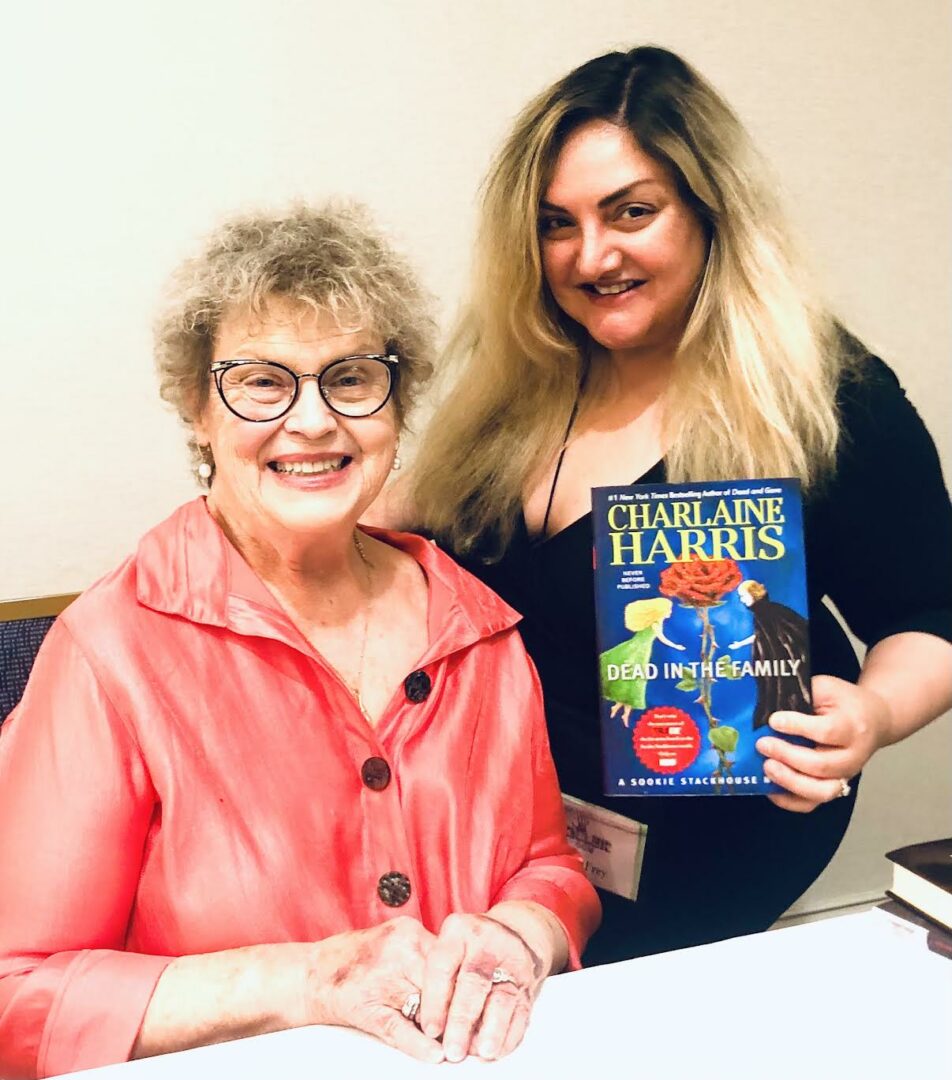
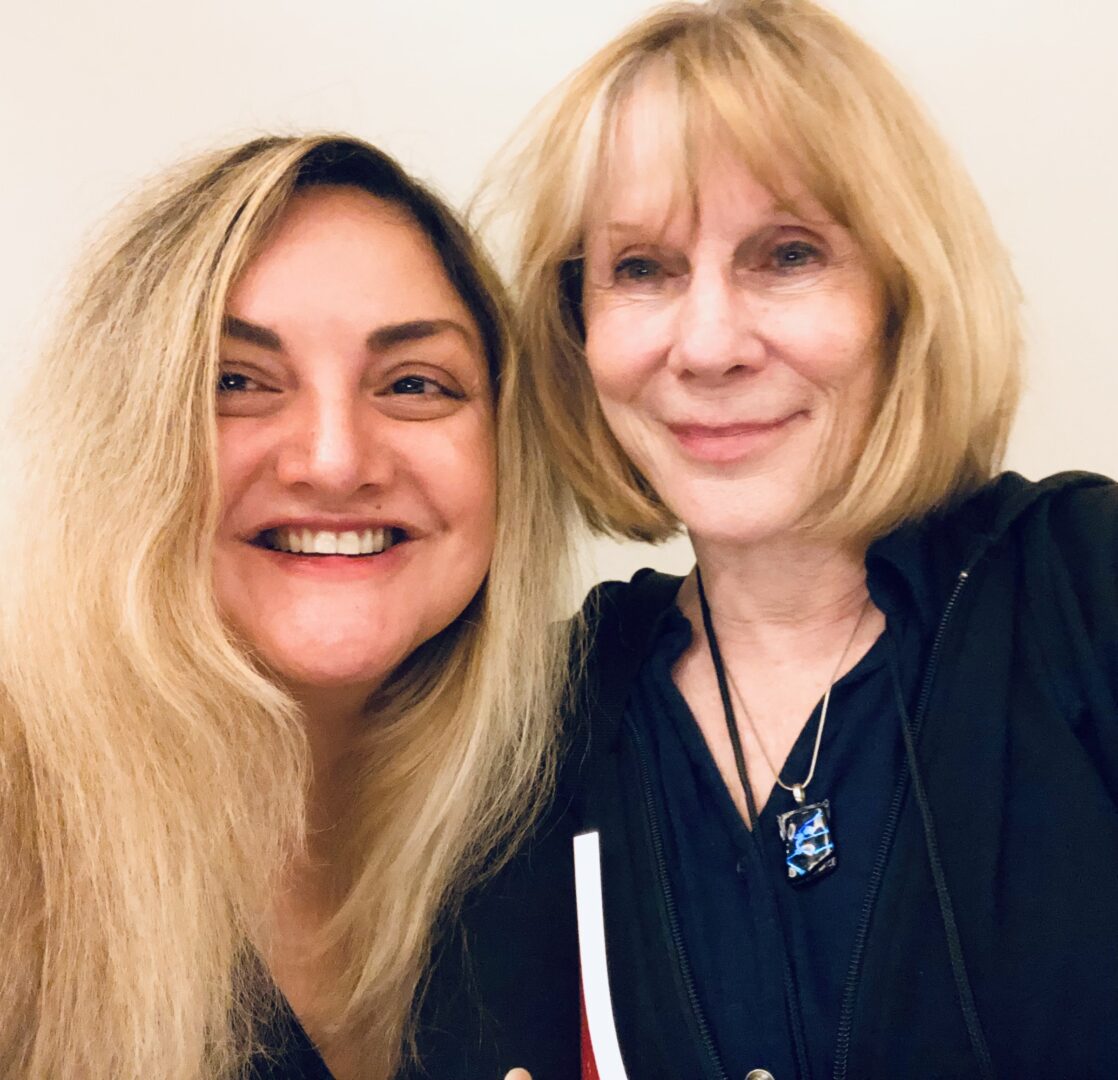
Image Credits
In these photos, Aliza Frey, Esq., is seen at the law library of her alma mater, the University of Nebraska College of Law; with former Supreme Court Justice of the United States, David H. Souter; with her late beloved pet “Bubba,” who sometimes used to accompany her while she prosecuted for the Littleton Police Department in Littleton, NH; with American media entrepreneur, television host, author, and chief legal analyst for ABC News, Dan Abrams; bestselling author Charmaine Harris, whose books have been adapted to film, including the Aurora Teagarden Mysteries and True Blood; and Dr. Katherine Ramsland, a Forensic Psychology and Behavioral Criminology Expert, who appeared on more than 200 crime documentaries and TV shows, was a regular contributor to Court TV, and wrote over 72 books, focusing on interviews with infamous serial killers, taken during her appearance at the 2024 “Killer Con” Writer’s Police Academy.
so if you or someone you know deserves recognition please let us know here.


